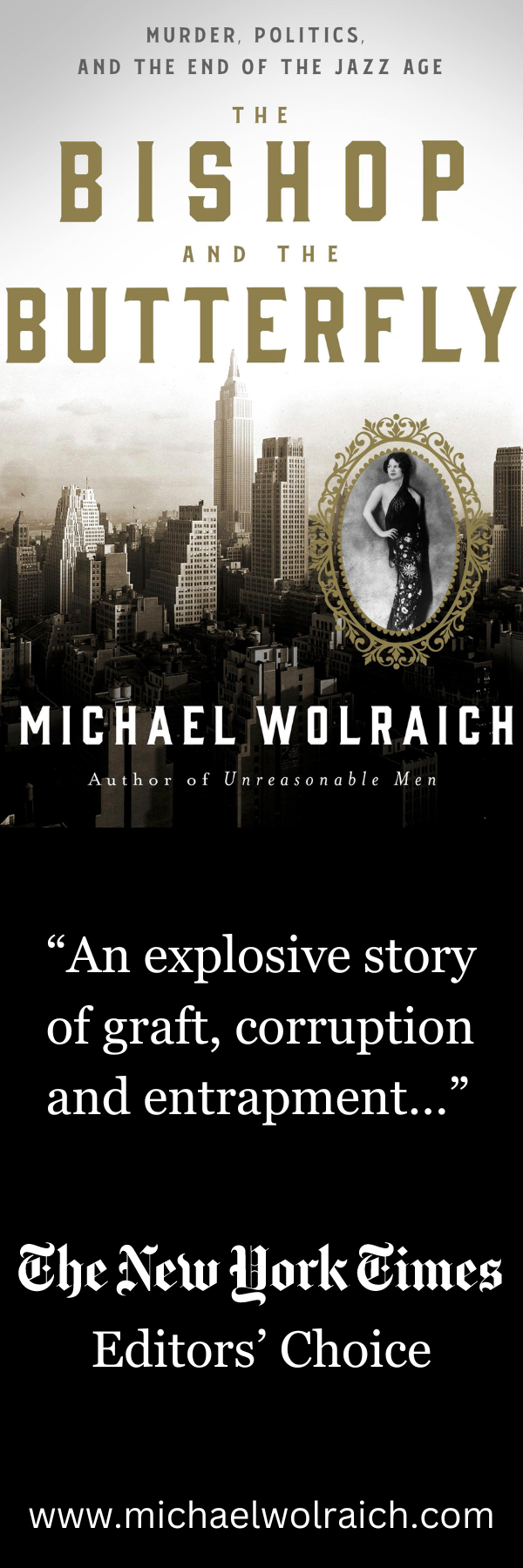The results of a comprehensive New York Times polling project (document link here) offer some good news to that end. The results show that public opinion is trending away from Tea. They also dispel some big myths about the Tea Party being economic in nature rather than what it actually is: a re-branded, repurposed version of the same old Christian Right. This may seem familiar to AlterNet readers--but still, it's good to have the numbers and the mainstream attention to highlight such a crucial truth.
Here's the juiciest nugget from professors David E. Campbell and Robert D. Putnam in the Times, one which encapsulates the Tea Party's growing unpopularity with a vivid comparison or two (emphases mine):
Of course, politicians of all stripes are not faring well among the public these days. But in data we have recently collected, the Tea Party ranks lower than any of the 23 other groups we asked about — lower than both Republicans and Democrats. It is even less popular than much maligned groups like “atheists” and “Muslims.” Interestingly, one group that approaches it in unpopularity is the Christian Right.
Alex Seitz-Wald at Think Progress, highlighting the above results, also notes that these unpopularity numbers for the Tea Party have skyrocketed over the past year or so.
The professors, who have conducted a wide-ranging survey of interviews over time, go on to shatter the big canard of the Tea Party's "creation myth" and image in the mainstream media, pointing to data collected before and after the birth of the "Tea Party" to back up their claims. The results, below:
So what do Tea Partiers have in common? They are overwhelmingly white, but even compared to other white Republicans, they had a low regard for immigrants and blacks long before Barack Obama was president, and they still do.
More important, they were disproportionately social conservatives in 2006 — opposing abortion, for example — and still are today. Next to being a Republican, the strongest predictor of being a Tea Party supporter today was a desire, back in 2006, to see religion play a prominent role in politics.



